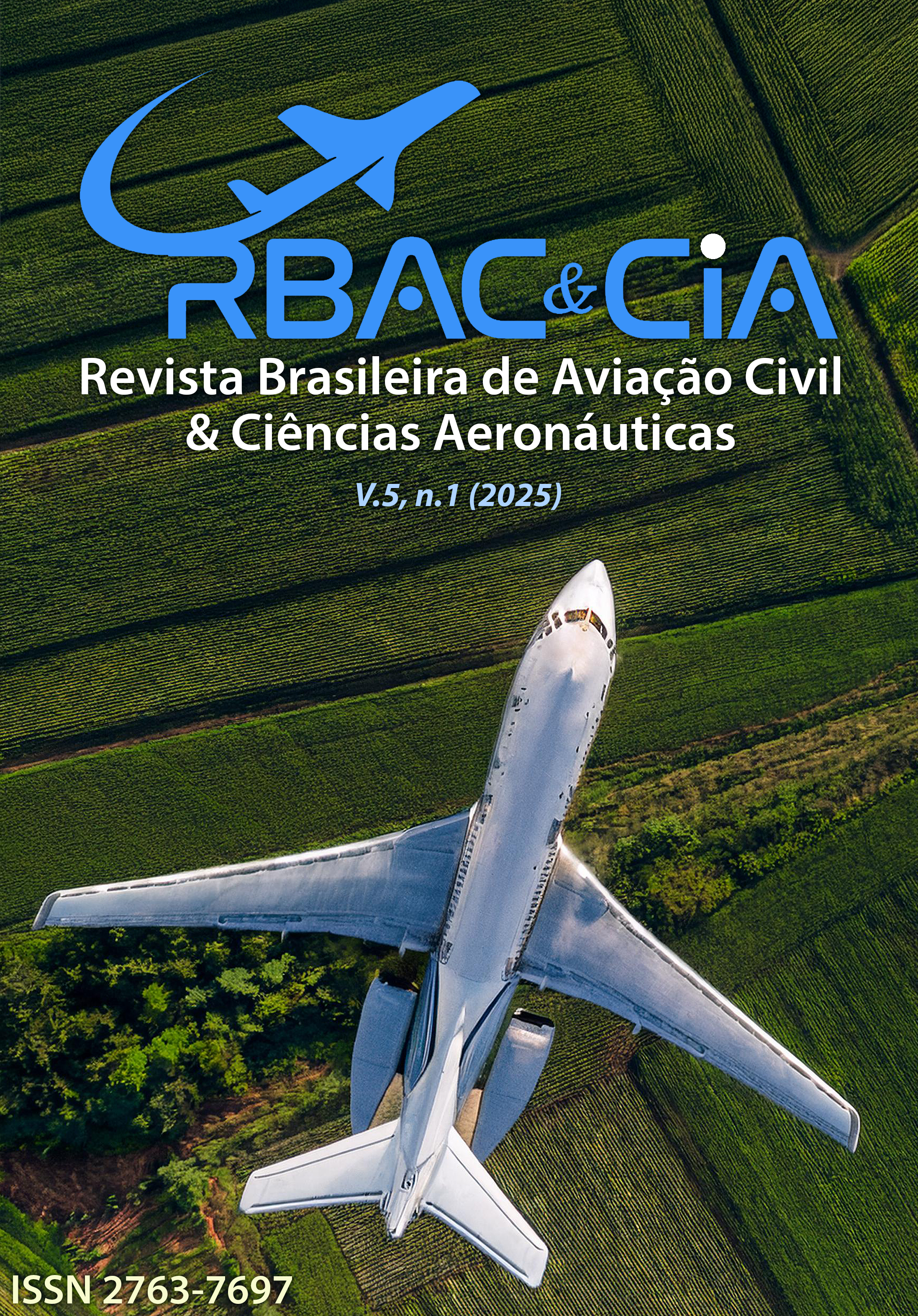AVANÇANDO PARA O AZUL: VIABILIDADE E IMPACTOS DOS AVIÕES ZEROe DA AIRBUS MOVIDOS A HIDROGÊNIO MOVING TOWARDS THE BLUE: FEASIBILITY AND IMPACTS OF AIRBUS ZEROe HYDROGEN-POWERED AIRCRAFT
Conteúdo do artigo principal
Resumo
Este estudo investiga a viabilidade dos aviões ZEROe da Airbus, que utilizarão hidrogênio, como combustível principal, contrastando-os com tecnologias de combustíveis fósseis tradicionais no que diz respeito a eficiência, custos e impactos ambientais. A pesquisa aborda os desenvolvimentos tecnológicos necessários para a adoção do hidrogênio na aviação, incluindo desafios de infraestrutura e barreiras regulatórias. Analisa-se a eficácia ambiental do hidrogênio, destacando sua capacidade de reduzir significativamente as emissões de gases de efeito estufa e outros poluentes. A análise econômica aponta para uma eventual rentabilidade do hidrogênio, apesar dos altos custos iniciais, especialmente com o amadurecimento de tecnologias e o aumento da eficiência na produção e logística do combustível. Finalmente, discutem-se as perspectivas futuras para a aviação sustentável, enfatizando o papel vital dos governos e organizações internacionais na facilitação dessa transição energética. O estudo conclui que, enquanto existem desafios substanciais, os benefícios a longo prazo do hidrogênio como combustível promoverá, não apenas a sustentabilidade ambiental, mas também oferecem economias para as operadoras aéreas.
Palavras-chave: Hidrogênio; Aviões ZEROe; Sustentabilidade; Aviação. Airbus.
ABSTRACT
This study investigates the viability of Airbus’ ZEROe aircraft, which will use hydrogen as the primary fuel, comparing them with traditional fossil fuel technologies in terms of efficiency, costs and environmental impacts. The research addresses the technological developments required for the adoption of hydrogen in aviation, including infrastructure challenges and regulatory barriers. The environmental effectiveness of hydrogen is analyzed, highlighting its ability to significantly reduce greenhouse gas emissions and other pollutants. The economic analysis points to the eventual profitability of hydrogen, despite the high initial costs, especially as technologies mature and efficiency in fuel production and logistics increases. Finally, the future prospects for sustainable aviation are discussed, emphasizing the vital role of governments and international organizations in facilitating this energy transition. The study concludes that, while substantial challenges remain, the long-term benefits of hydrogen as a fuel will not only promote environmental sustainability, but also offer economic for airline company.
Keywords: Hydrogen; ZEROe planes; Sustainability; Aviation; Airbus.
Downloads
Detalhes do artigo

Este trabalho está licenciado sob uma licença Creative Commons Attribution 4.0 International License.
